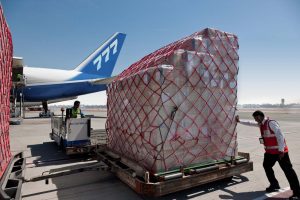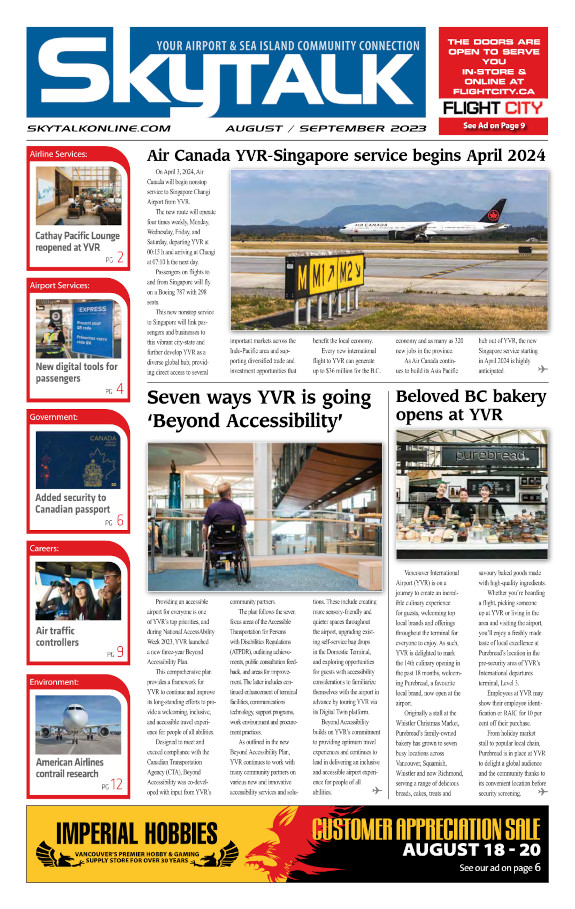Boeing projects air cargo operators will need more than 2,600 freighters over the next two decades to keep up with increasing global freight traffic, which is expected to double with 4.2 per cent growth annually.
The 980 new medium and large freighters and 1,670 converted freighters will go toward replacing older airplanes and growing the global fleet to meet demand, according to the new World Air Cargo Forecast, released by Boeing at a recent International Air Cargo Association’s Air Cargo Forum and Exhibition.
Some of the factors driving the growth in air cargo include a growing express market in China and the global rise of e-commerce, which is forecast to increase 20 per cent annually to nearly $5-trillion in 2021 according to Boeing’s analysis.
To meet growing market needs, Boeing also forecasts:
- The world freighter fleet will expand by more than 70 per cent, from the current total of 1,870 to 3,260 airplanes.
- Boeing projects new production freighter deliveries valued at $280-billion.
- Demand for regional express services in fast-developing economies will boost the standard-body share of the freighter fleet from 37 per cent today to 39 per cent.
- 1,170 standard body and 500 medium wide-body passenger airplanes will be converted into freighters over the next two decades.
- Dedicated freighters, which provide unique capability that passenger belly-cargo cannot match, will continue to carry more than 50 per cent of the world’s air cargo demand. The majority will be in the large widebody freighter category, such as Boeing’s 747-8 Freighter and 777 Freighter aircraft.
Since January 2017, Boeing has sold 128 freighters, including 80 production and 48 converted freighters.
The 2018 World Air Cargo Forecast is available for download at boeing.com. Boeing has published the biennial World Air Cargo Forecast for the past three decades.









